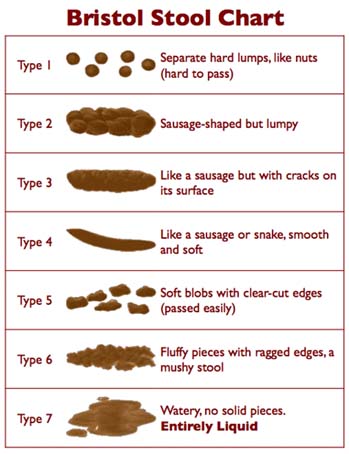- Treatment time can vary between each person and their bowel habits, it’s important to attend regular reviews with your GP to assess treatment response
- Laxative treatment may need to be taken for several months and shouldn’t be stopped abruptly. Some children might need it for several years and a minority will require long-term laxative treatment
- Stopping the medication too soon can result in the constipation recurring. After this, a smaller, daily maintenance dose of laxatives will be required
- The aim of the maintenance dose is to prevent poos from building up again. If the maintenance dose isn’t followed, and the stretched rectum is not allowed to gradually return to its normal size, your child might become constipated again.
Constipation

What is Constipation?
Constipation is the most common bowel problem in children. It is the inability to do a poo regularly or to completely empty the bowel.
It can start at any age (including babies) and affects up to 30% of all children. It’s particularly common among toddlers and pre-schoolers.
It can start at any age (including babies) and affects up to 30% of all children. It’s particularly common among toddlers and pre-schoolers.
Idiopathic constipation most commonly develops in children between 2 and 4 years old and has various possible causes including:
- Withholding poo (also called ‘stool withholding’, which is when a child avoids emptying their bowels)
- Fear of the toilet (sometimes associated with pain or discomfort)
- Lack of a toilet routine (some children have such busy lives that it can be difficult to find time to sit and relax on the toilet each day
- Resistance to potty training and an insistence that a nappy be put on to poo in
- An unbalanced diet
- Low fluid intake
- A change in routine
- Anxiety and emotional upset (for example when starting nursery or potty training)
- Some medications.
When an underlying illness or condition has caused the constipation it is described as constipation with an underlying organic cause.
Frequently Asked Questions (FAQs)
How long does treatment last?
What treatments are available?
Treatment usually consists of laxatives which are:
- Powder form which should be mixed with water and then added to drinks or food
- Macrogol laxatives such as Movicol Paediatric Plain work by getting more water into the bowel, which keeps poos soft and easier to pass
- Stimulant laxatives such as sodium picosulfate, bisacodyl, senna and docusate sodium encourage the bowel to push the poos out.
What is faecal impaction mean?
- If the rectum is impacted, higher doses of laxatives are needed which will fully clear out the bowel. You know the bowel is cleared out once the child passes brown water
- Many parents worry that the laxatives make the soiling problem worse, but it’s important that the blockage is fully cleared.
What is the normal stool type for my child?
Normal stool type is should be 3-5 however stools should always be easy to pass and be pain free.
The Paediatric Primary Care (PPC) nursing team review constipation in children and young people who are aged between 3 months and 18 years, and help support and manage your child’s constipation.

Last updated09 Jul 2021

